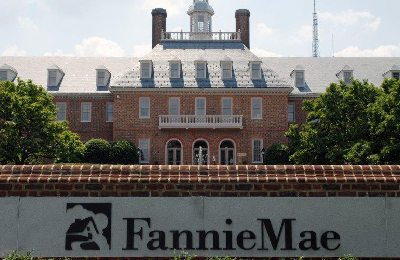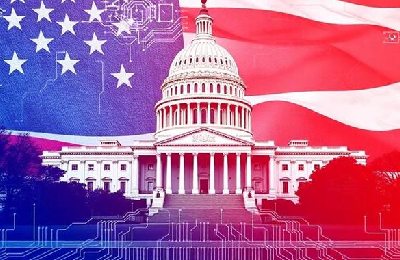AI SIGNALS
Simplifying AI and Data
for Financial Services
Curated AI Intelligence for Financial Services

Spotlight on the Latest in AI and Finance
TL;DR
- UBS launches AI-generated analyst avatars
- Klarna reintroduces human agents after AI-only support does not meet expectations
- Fannie Mae-Palantir launch AI for mortgage fraud
- xAI-Palantir-TWG Global: AI alliance in finance
- UAE to invest $20B in US ‘Stargate’ data centers
- OpenAI invests $6.5B in AI Devices
- Mastercard embeds agentic AI into payments
- Google I/O 2025: Launch of new Gen AI tools
- US Shifts Federal AI Executive Order Towards Deregulation and Export Controls
- US House Votes: 10-year fed ban on state AI laws
Executive Brief
May marks a pivotal inflection in the adoption of AI across financial services. We are now seeing financial institutions transition from tactical AI experiments to strategic infrastructure investments and market-shaping alliances.
Leaders like UBS are scaling personalized client engagement using AI-generated avatars, while Fannie Mae’s new AI fraud unit reflects AI’s growing role in core risk and compliance. At the same time, Klarna’s rollback of AI-only service models highlights a critical evolution: knowing where AI should lead and where it shouldn't.
Globally, new power blocs are forming. The UAE’s $20B AI infrastructure bet with OpenAI signals sovereign ambition in digital dominance. Strategic collaborations like xAI–Palantir–TWG Global point to a new era of enterprise-grade AI tailored for financial systems.
Meanwhile, regulatory frameworks are shifting fast. The U.S. federal pivot toward deregulation—coupled with a decade-long block on state-level AI laws—could open the floodgates for AI innovation, albeit under centralized scrutiny.
The message is clear: the winners in financial services will not be those merely using AI, but those building intelligently with it.
Strategic Shifts

UBS is deploying AI-generated analyst avatars using OpenAI and Synthesia to produce video research content. Currently, only 1,000 of its 50,000+ annual research documents are converted to video due to capacity constraints, despite exponential growth in their views. This AI initiative aims to boost annual video output to 5,000, meeting rising client demand for scalable digital communication.

Klarna is reinstating human customer service agents, reversing its AI-only support model due to service quality concerns and user dissatisfaction. This move follows the company's prior reduction of approximately 700 employees over two years, a shift primarily driven by AI adoption that ultimately did not meet quality expectations.

Fannie Mae, a major player of the U.S. mortgage market, partnered with Palantir, launching an AI-powered Crime Detection Unit. This crucial move will prevent millions in fraud by detecting previously undetectable patterns.
AI Partnerships & Business Innovation

The UAE has partnered with OpenAI, making ChatGPT Plus free for all residents under the “OpenAI for Countries” program. This initiative is part of a major $20 billion investment, which also includes building "Stargate UAE," a massive 1-gigawatt AI data center in Abu Dhabi.

OpenAI has purchased ‘IO Products’ from Jony Ive, former Apple iPhone design lead, in an all-stock ~$6.5B deal. Ive and his design studio ‘LoveFrom’ will lead the design processes for new AI devices. This strategic hardware push aims to create "physical AI embodiments," redefining human-AI interaction.

Elon Musk’s xAI, Palantir, and TWG Global are collaborating to deploy large-scale AI models for finance and insurance, leveraging xAI’s Grok and Colossus Supercomputer and Palantir's enterprise tools.
AI Technology & Innovation

Mastercard is deploying agentic AI named ‘Agent Pay’ to enable autonomous payment analytics and improved customer engagement across digital channels.

Google I/O 2025 unveiled major agentic AI advancements. Project Astra offers real-time multimodal assistance, Mariner automates multi-step online tasks, and Jules autonomously handles coding and bug fixes, signaling a shift towards more proactive AI.
AI Regulation & Governance

The U.S. Commerce Department, on May 13, began rescinding its AI diffusion framework, signaling deregulation to boost innovation. Concurrently, new BIS actions tightened AI chip export controls while dealing with China.

A major policy move imposes a decade-long moratorium on individual state or local AI regulations, aiming to centralize governance and avoid a fragmented legal landscape.